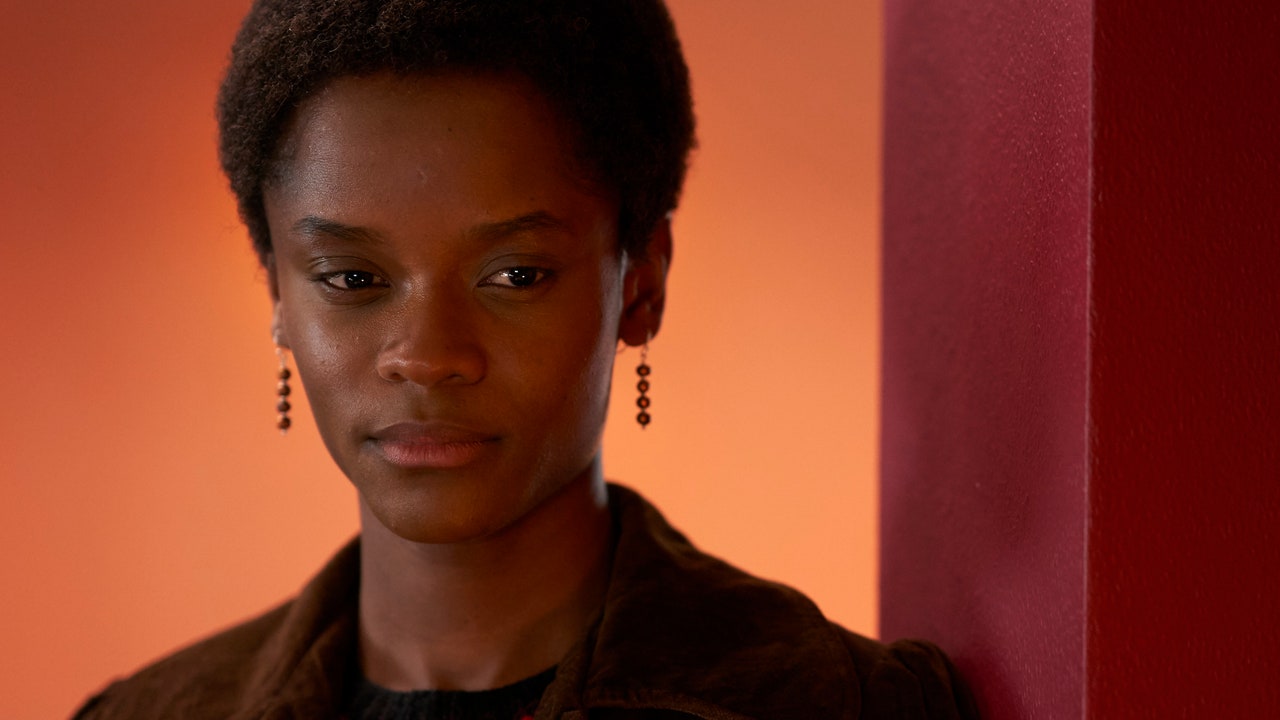Mangrove, the second of three films from Oscar-winning director Steve McQueen’s five-film anthology, Small Axe, premieres tonight at the 58th New York Film Festival. Clocking in at just over two hours, Mangrove dramatizes the history of the Mangrove Nine, a group of Black, London-based activists who defended their café-restaurant—a meeting place for intellectuals and activists—against unrelenting intrusion and harassment by the police. Their initially peaceful protest, staged on August 9, 1970, led to a police ambush, arrests, and, ultimately, a landmark racial discrimination case that went “all the way to the highest court in the land, the Old Bailey,” said McQueen in a press conference.
McQueen said in a statement this summer that he was dedicating the series to the memory of George Floyd, whose death at the hands of Minneapolis police has catalyzed social justice movements far and wide. “These films, Small Axe, are a part of a narrative of being a Black person in this world,” he said. He hopes they will inspire viewers to “reflect on who we are, where we are, and where we want to go, where we want to be” as a society.
2020 is unfolding as a banner year for McQueen, COVID-19 restrictions notwithstanding. Mangrove and Lovers Rock, another Small Axe picture, were among the 56 official selections at the Cannes Film Festival, even though the festival itself was canceled due to the pandemic. Mangrove will open the London Film Festival on October 7. And, McQueen, whose creative roots are in the contemporary art world, had his first major retrospective at London’s Tate Modern this past summer. His “Year 3” project—in which he invited every third-grade class in London to sit for a photograph—is showing at the Tate Britain until January 31: a delightful assembly of little school-uniformed bodies and innocent faces, hailing from every corner of the globe.
With the Small Axe anthology, McQueen set out to, as he says, visualize the period in Black British history that follows the Windrush era—the period following World War II in which immigrants from the West Indies came to Britain to address labor shortages. (The Windrush generation was so named for a ship, the Empire Windrush, that transported nearly 500 of these postwar settlers to London in 1948.) In 2018, it came to light that the U.K. government had been misclassifying hundreds of long-standing legitimate citizens who arrived as children from the Caribbean as “illegal”—stripping them of rights to employment, health care, and residency.
In the wake of the scandal, which triggered a national conversation on race and colonial legacy, mainstream media told the story of how, when, and why large numbers of Caribbean people migrated to Britain after World War II. But the reporting generally stopped short of discussing what happened to the settlers and their descendants between then and now. How widely known, for example, is the British Black Panther movement? In Mangrove, Letitia Wright (Black Panther) plays Altheia Jones-LeCointe, a founder of that party. “This is a story about people already established,” said McQueen of the anthology as a whole, which was commissioned by the BBC and will be distributed in the U.S. on Amazon. “They had a foothold in the environment.”
